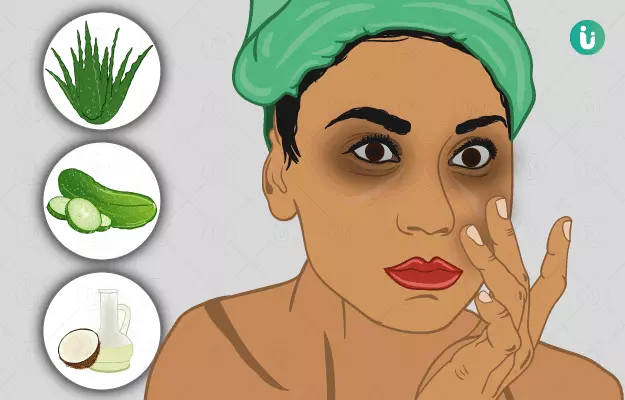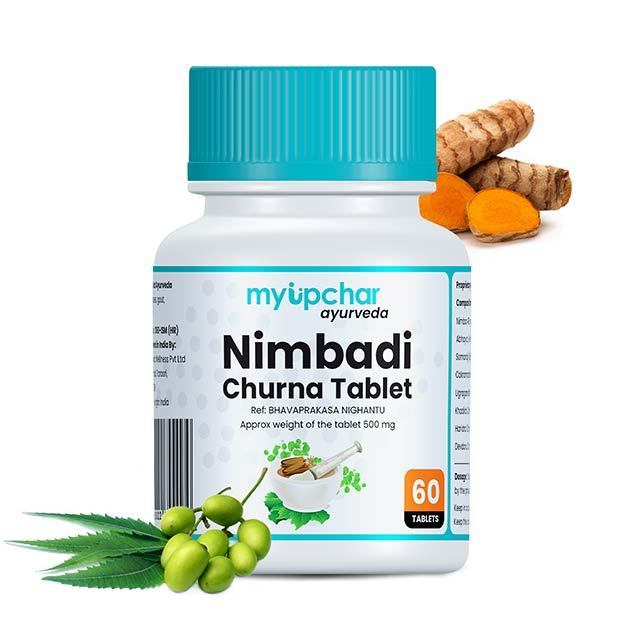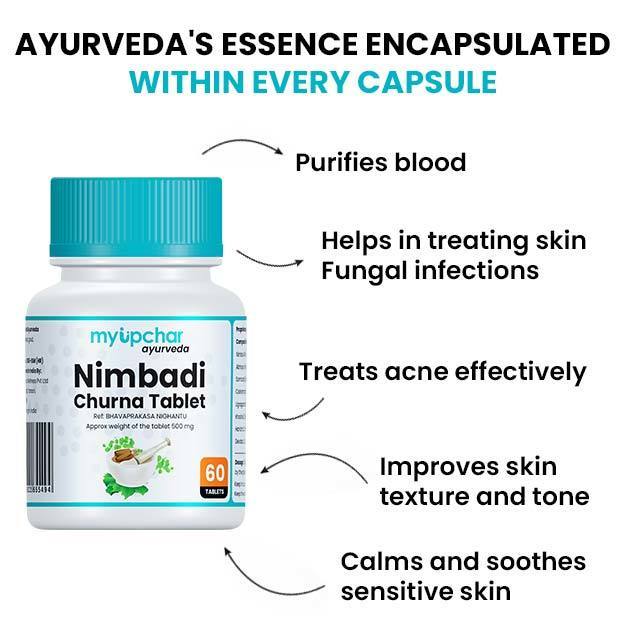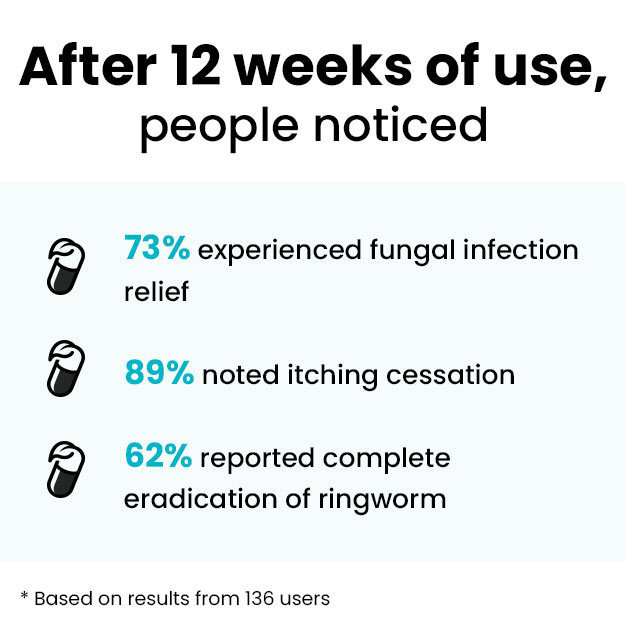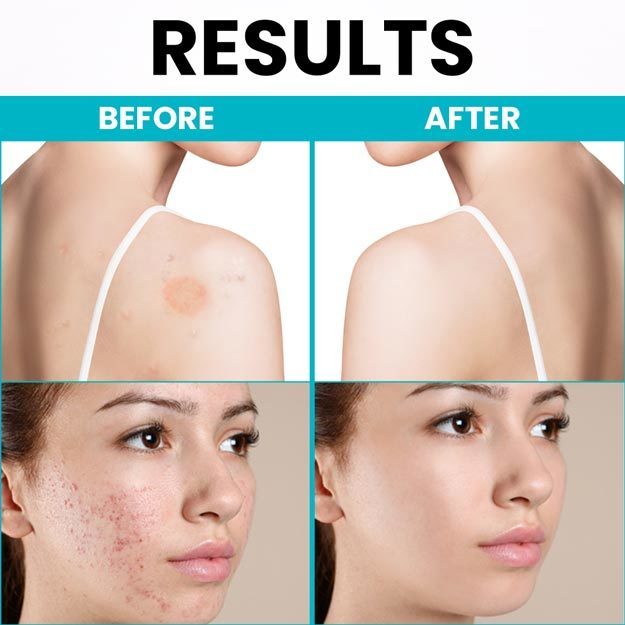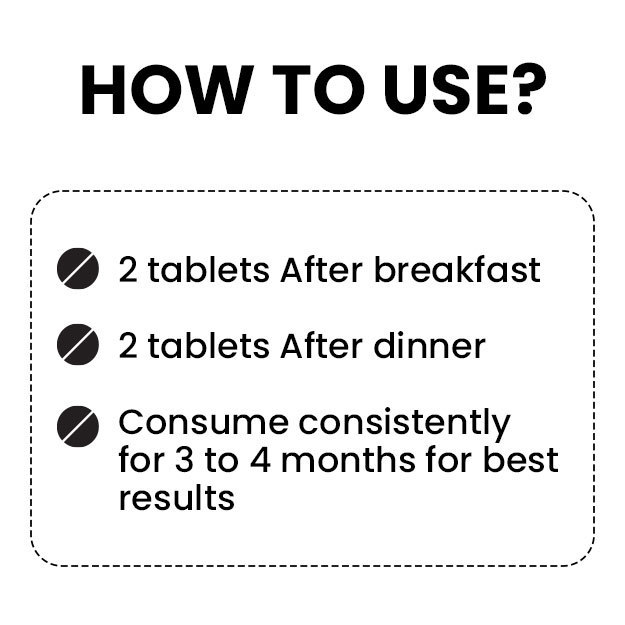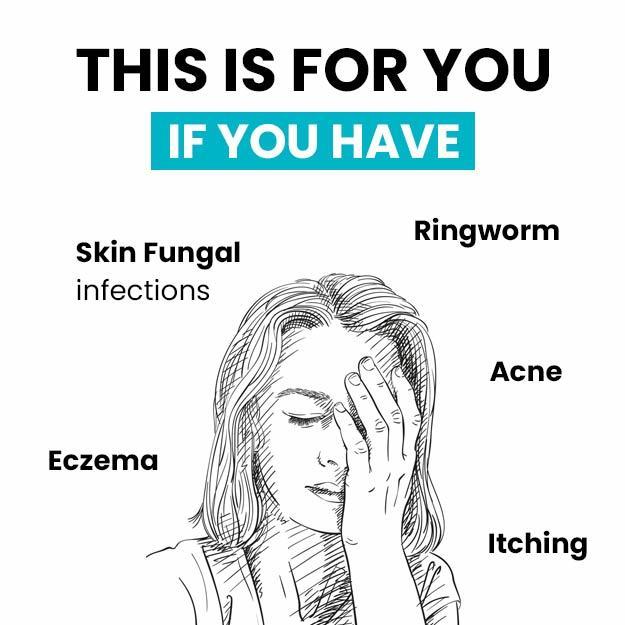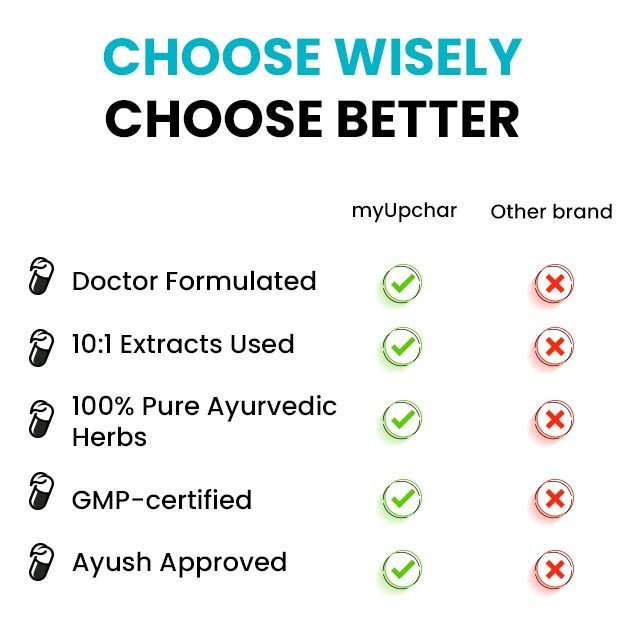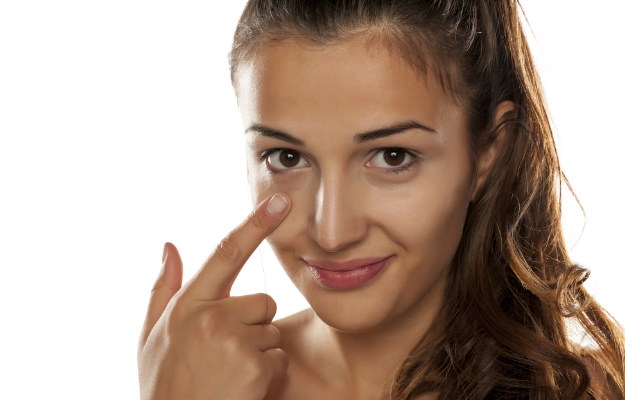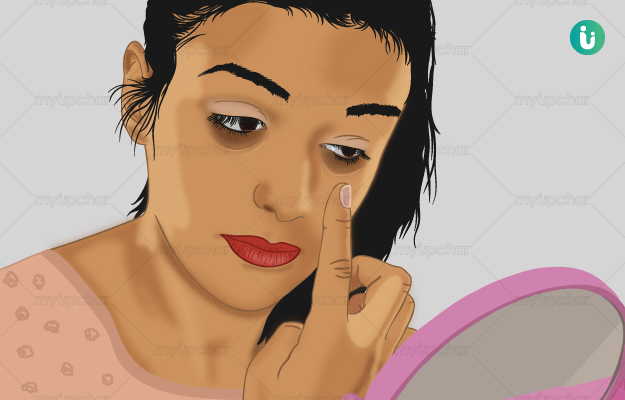Though dark circles are mainly caused due to an increase in blood flow under the eyes or hyperpigmentation in the under eye region, there are a number of lifestyle factors that trigger these. Let us have a look at these factors and how they affect dark circles.
Get enough sleep
Sleep is considered to be one of the primary causative factors for dark circles and scientific studies confirm it as a common symptom of sleep deprived and fatigued people. But how does a lack of sleep affects your under eyes? Dark circles are mainly caused due to the increase in blood circulation in the under eye area. In case of sleep deprivation, vasodilation occurs (relaxing of blood vessels) which increases the flow of blood under your eyes making it appear darker.
To avoid this problem, it is important that you get about 7 to 9 hours of sleep in a day. It would not only reduce dark circles risk but also would keep you refreshed and revitalised for the day.
Quit smoking and alcohol
Smoking and drinking have a lot of side effects on the body but they may happen to be the contributors to your dark circles. Smoking and drinking tend to interfere with normal sleep patterns, which as we know now increases the risk of dark circles. Additionally, both of these lifestyle habits increase the number of free radicals in the body. A higher oxidative stress, in turn, causes you to age faster. An ageing skin loses the skin collagen quickly, collagen is a protein which is responsible for maintaining the structural integrity of your skin and making it look taut and seamless. Since blood vessels lie right under the skin, a thinner skin makes them easily visible. And back you are to the dark circle situation.
Stay hydrated
The human body is composed of 60% water. Water helps in the transport of oxygen and nutrients to the body along with removing toxins and waste products. Staying hydrated inadvertently alleviates a lot of problems.
Studies suggest that a dehydrated body is easily prone to under eye dark circles. This may be due to the fact that dehydration increases oxidative stress and makes you easily fatigued.
It is further indicated that dehydration makes hyperpigmentation dark circles and blood vessels more visible under your eyes.
While melanin overproduction (hyperpigmentation) grows gradually, fatigue and dehydration dark circles show up pretty quickly. So, it is not hard to differentiate between the two.
Experts recommend drinking at least 8-10 glasses of water per day to cater to your daily requirements.
Balanced diet
If water is essential to transport nutrients and wastes, a healthy and balanced diet makes sure you get all those nutrients to support the proper functioning of the body. Ideally, taking a diet complete with all the nutrients and minerals would assist in avoiding any malfunctions in the body. It would also keep you supplied with energy, avoiding fatigue.
You can also add antioxidant-rich foods to your diet in order to get rid of all the free radicals that generate as a result of the everyday stress and body metabolism. And, a reduced oxidative stress is the hallmark of a healthy and younger looking body.
If you are too concerned about putting on weight, you can break down 3 large meals into 5-6 smaller meals and eat lesser portions to have a constant source of energy, yet not increase the total calorie count. It is also advisable that you don’t skip meals, especially breakfast and add more leafy greens and fresh fruits to your diet.
Other factors responsible for dark circles and tips to manage them
- Use a sunscreen under your eyes as you go out. Eye skin is thin and sensitive and sun exposure stimulates melanin production in the skin which is much more apparent under your eyes. If you are not fond of sunscreens, opt for sunglasses instead.
- Try avoiding medications that can also cause dark circles, though dark circles disappear soon as you stop taking the medicine.
- For pregnant women, it is quite hard to get rid of dark circles, since it is caused by hormonal changes. If you are too concerned about your appearance, you can ask a doctor.

